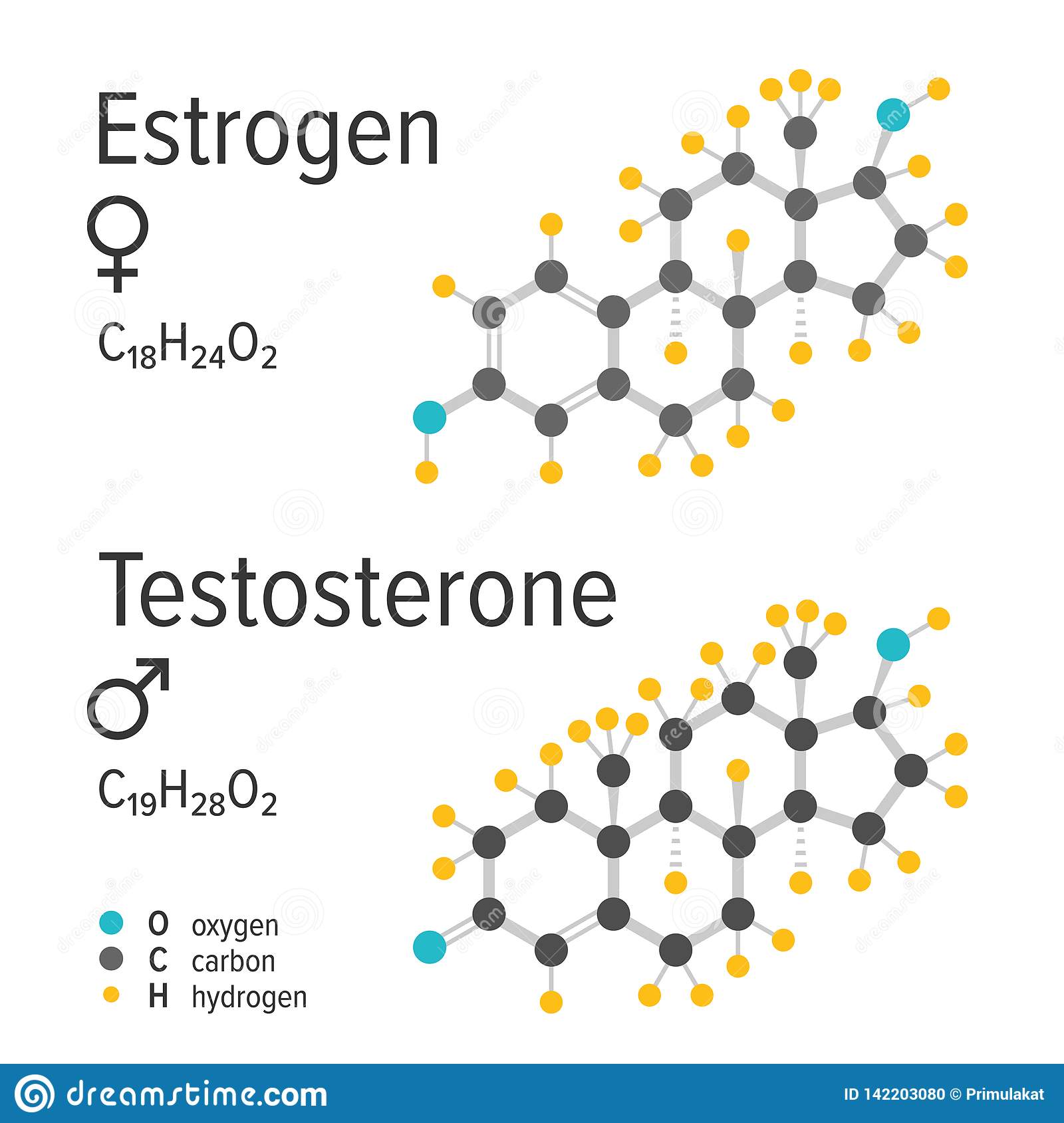
Saliva testing has been shown to be the most accurate measurement of the body’s availability of the hormones — cortisol, DHEA, estrogen, progesterone, and testosterone, identifying the level of these hormones that are actually available to use at a cellular level instead of just the levels circulating in the blood stream seen in blood testing.
Saliva testing is very easy to do and can also test for the hormone estriol, which can be helpful for difficult cases when doing BHRT(bioidentical hormone therapy). Another plus is it allows for charting changes in hormones over time (such as a monthly menstrual cycle) through multiple samples, providing the most accurate information possible about those fluctuating hormone levels.
Blood tests measure only a part of whole blood serum or plasma (the watery part of our blood). Most hormones in serum/plasma are bound to proteins and are eliminated through liver and bile. Research shows that only 5% of the hormones in serum/plasma are available to be used by your body.
On the flip side, “free unbound” (available) hormones are found in saliva because they are water soluble and not attached to proteins. So, when testing for hormone balance, blood tests may not be as accurate in determining the level of hormones that will actually be useful to your body.
For example, when it comes to measuring cortisol, saliva testing has been proven to be better than blood serum testing. Cortisol plays an important role in blood sugar stability, blood pressure, and immune function, among other functions. Too much can make you fat loss resistant, raise cardiovascular disease risk, reck havoc in your gut, and even shrink the brain’s hippocampus —where we consolidate memory and regulate emotions.
Cortisol levels normally peak in the early morning, then decline throughout the day, reaching lowest levels by midnight. That pattern is more easily tracked through saliva testing because a blood or urine test will not show the diurnal variations. A cortisol test may be used to help diagnose Cushing syndrome, a condition associated with excess cortisol, or to help diagnose adrenal insufficiency or Addison disease, conditions associated with deficient cortisol.
If you are worried about accuracy, rest assured that saliva testing has come a long way since it first made its appearance in the 1980s. Advances in sample collection methods and increasingly sensitive diagnostics technology have helped gain widespread recognition of saliva-based testing. Here are just a handful of studies showing the benefit of salivary cortisol:
http://www.ncbi.nlm.nih.gov/pubmed/20233956
http://www.ncbi.nlm.nih.gov/pubmed/19602555
http://www.ncbi.nlm.nih.gov/pubmed/16377094
http://www.ncbi.nlm.nih.gov/pubmed/8902896


